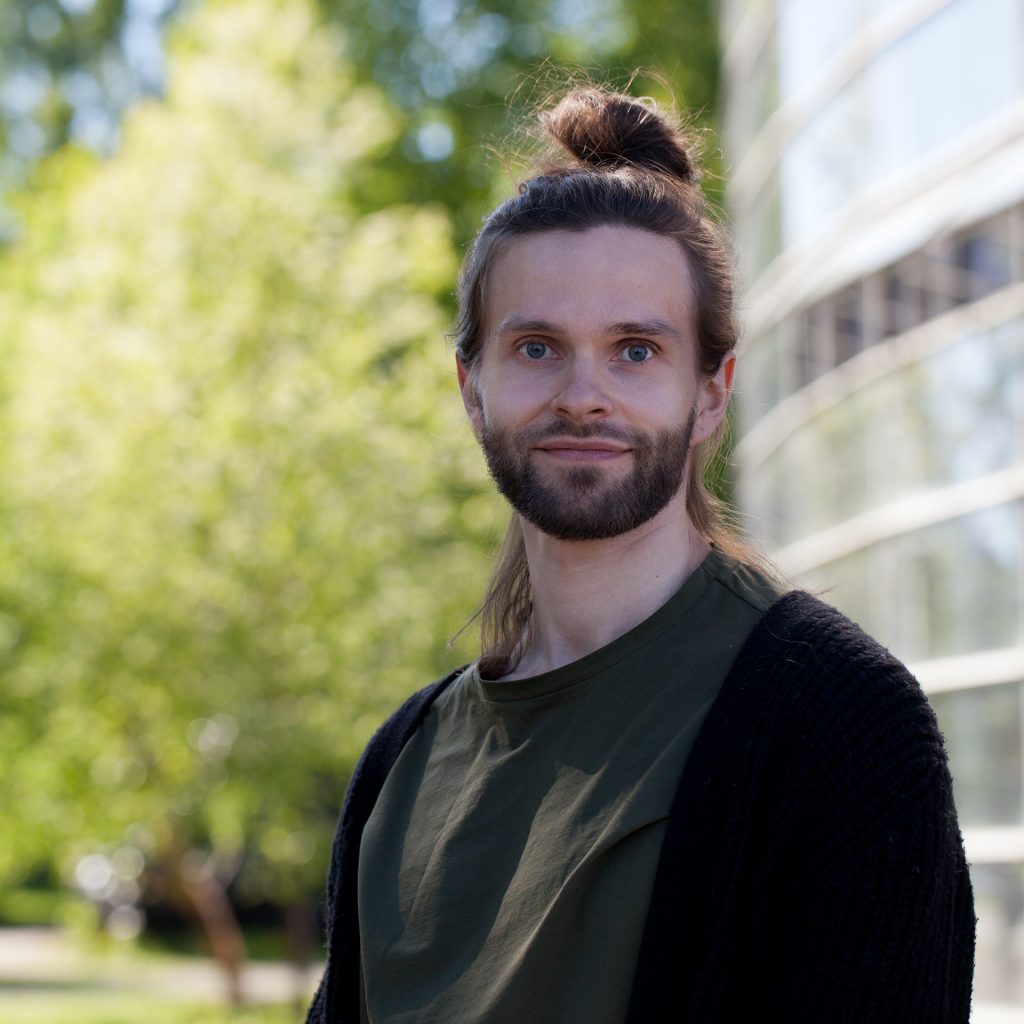Alumnus of ISM: Samuli Kesseli
1. Would you shortly introduce yourself?
My name is Samuli Kesseli and I’m currently in my first year of the ISM master’s program in Aalto University. Simultaneously, I work at Columbia Road as a marketing technology consultant, which I have now been doing for over one year. B2C ecommerce and “practical” marketing data science are areas that I mostly work with.
ISM Studies
1. What made you choose ISM? What was your specialization?
During my bachelor’s studies (International Business) at Aalto’s Mikkeli campus I got into website development and digital marketing. As far as master’s programs go, ISM seemed to be the best business related match with my newly found interest. In a similar vein, I’m now specializing in Information System Science.
2. What are the top 3 skills that you learnt from your ISM studies? If you could do it differently, what skills do you wish you had had learnt while you studied? Based on the courses so far, I would say that ISM offers courses with very practical learnings. That being said, a lot of the courses are theory-heavy, which of course is to be expected of universities. Analytics related courses have given me extra tools and knowledge to utilize in my client work at Columbia Road every day.
So top 3: Analytical skills, problem solving and Python
3. Which classes were your favourite?
“Data science for business” has been my favorite by far. The assignments on that course were structured in a way that allowed me to learn and immediately utilize the knowledge in my client work at Columbia Road. Data science is also extremely difficult to teach, but the professor managed to do it really well.
4. Did you work alongside your studies? How could you balance work-study-social life balance?
I currently do 70-90% of a full-time employee’s weekly hours at Columbia Road, on top of the normal two-courses-per-period in Aalto. It is a lot of work, but due to the flexible nature of my work it hasn’t been a problem.
5. If you can describe ISM in 3 words, what would they be?
Analytical, relevant and frustrating.
Work
1. How was your study major related to your career path/current work?
They merge quite well together. Although studies often are too theoretical to draw direct value from, there are always some courses’ that surprise me positively, allowing me to learn concrete tools to improve my client work.
2. What is the most significant contributing experience/factor to your current work?
My “part-time” entrepreneurial endeavours I did during my bachelor’s. The entrepreneurial experience helped me to discover what I enjoy doing.
3. How would you describe the culture of your organization?
Ideal. There is no hierarchy, which gives people maximum freedom but through that, also maximum responsibility. I feel like in a sense, every Roadie is an entrepreneur under the Columbia Road umbrella. Columbia Road offers the environment and cases for consultants to work with, and consultants have the
freedom to approach the problem in whatever way they see fit, because trust in all consultants’ expertise is strong. And if faced with an unfamiliar problem, other Roadies are quick to support and share their knowledge.
4. Can you talk about the kinds of projects that new hires have worked on this year in your department/organization?
Depending on what you wish and want to do, you have a fair amount of freedom to choose. When I started, I was given my own client case on my second day. Continuing at an even pace, within a year, I have worked with 20+ clients, all of them in different business sectors, doing and selling different things. It has been very rewarding.
One of the best things about being a consultant is that you get to work with various industries and businesses, in my opinion. With some projects, I am responsible for the digital marketing activities of a given ecommerce store, and in others, I work together with colleagues as a team to drive value for our clients.
5. What trends do you see in your field?
Practical AI. So not AI in itself, but microservices that utilize AI as a built in function. Examples of this are marketing platform suggestions and chat service autosuggestion and customer-paths. Controlling and maintaining these microservices requires very little knowledge of AI, but they still offer the core value of AI.
6. What do the current students need to self-learn to be more prepared and competitive for work life after graduation?
Concrete experience of some advertising platform or other digital tool is important to anyone interested in marketing. Most digital tools have very similar rule-based operating functions, so once you get familiar with one, you have an excellent basis to adapt to new ones very rapidly.
Another thing to highlight is analytics. Interpreting data in different situations, not only in marketing, is important. Specific metrics might change from context to context, but the core knowledge of interpreting data is the same.
7. What are some internship/job search strategies you would recommend?
Always highlight concrete activities, and especially the activities you have done proactively. My theory on why Columbia Road decided to hire me, is that they highly valued my proactive work experience – the things I had done purely out of my own interest to learn. My subject “expertise” was far from perfect, but my many failed projects showed my eagerness to learn.
8. If hiring, what would you look for from new ISM graduates?
Base analytical skills, interest towards a given subject and eagerness to learn more.
Personal
1. What are your favourite sources of knowledge? E.g. website, FB page, etc.
Feedly. Columbia Road has built an internal Feedly-feed which composes all relevant news for marketing technology (SEO, SEM, new CRM tools, updates on current stack etc.).
2. How do you stay motivated?
If I search long enough, I will find the meaning to life.








